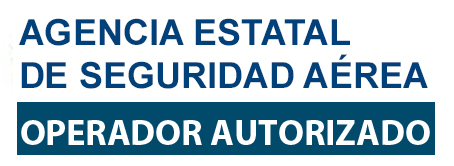



Hydric Resources:
Locating, evaluating and planning for exploration and training - the purification of hydric resources. Hydrogeology applied to locating new bore holes; determining areas of hydrological risk (the vulnerability of aquifers, floods, spates) and geological risks (loosening, erosion, and landslides in hills).
Municipal Solid Waste:
Environmental viability studies, spatial location, management and control of processes related to solid waste (tips, incinerator plants, composting plants, etc ), description of municipal solid waste.
Environmental Training:
The design, follow up and development of Environmental Training programmes. Conferences, talks and conventions. Specific training courses.
Quality and Environmental Management:
The design, implementation and follow up of the implementation of Environmental Management Systems (UNE-EN ISO 14.001 certification), Ecoauditors for tourist facilities, industries, and mixed companies. Programmes to minimise waste and emission resources. Quality control of processes and integral management.
Environmental Impact Development:
Preliminary, simplified and detailed reports into planning instruments such as P.G.O.U (General Town Planning Plan) or Subsidiary Regulations, to Special Plans to Partial Work Plans and diverse Projects.
Marine and Coastal Environment:
Environmental and port and nautical facilities landscape, definition-evolution of artificial reefs, underwater run offs, beach regeneration, control and register of marine species.
Dune regeneration and monitoring of invading allochthonous species.
Environmental Recovery:
The design, planning and carrying out of both environmental and landscape recoveries in decaying spaces (roads, quarries, etc ).
Tourist Development Plans and Studies:
Conditioning and improvement to the tourist and residential offering, and physical planning. Consumption / available resource capacity and optimisation models.
Natural Resources Management and Conservation:
Actions based on natural resources and on the wild flora and fauna such as species' monitoring and census, management and planning of protected environments, cataloguing and grading of special environmental and ecological areas of interest, etc










